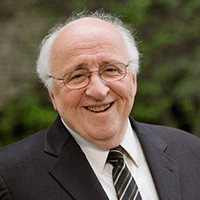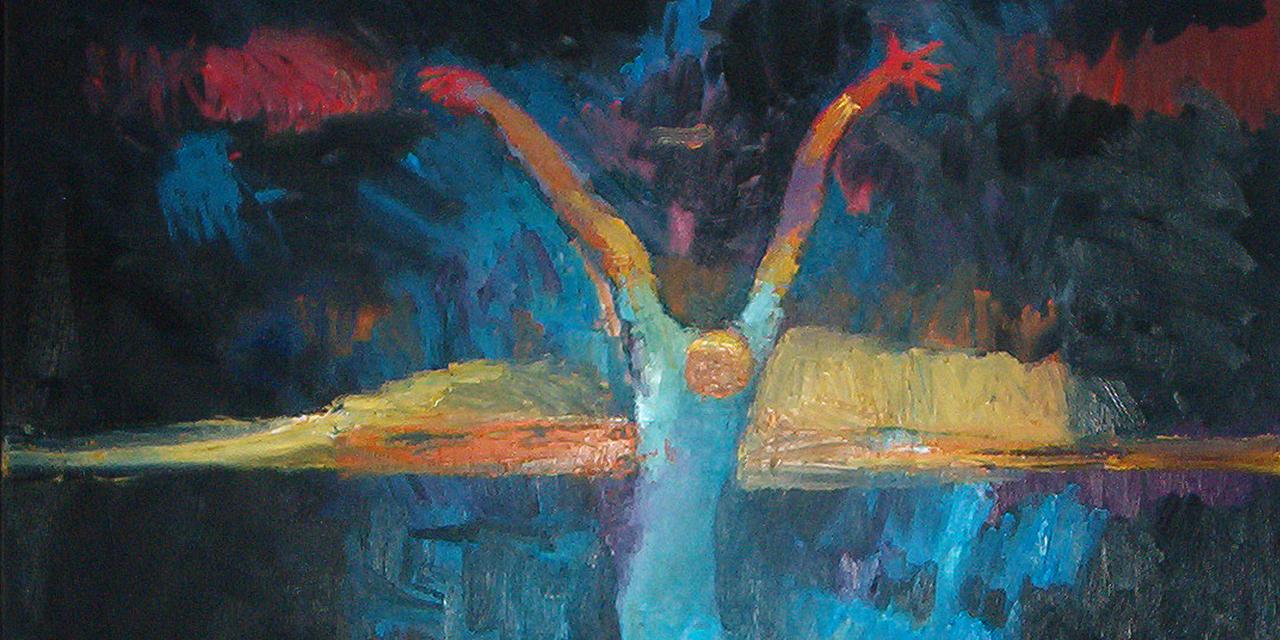A letter in The New Yorker recently recounted an exchange several decades ago on David Susskind’s TV talk show. Susskind’s guests were Truman Capote and Mickey Spillane. Capote was a gifted writer who traveled in elite literary circles; Spillane wrote popular detective novels featuring protagonist Mike Hammer.
When Susskind asked Capote how long it took him to complete a book, the author said it took at least five years of very hard work. Spillane confessed that he typically finished his books in five weeks -- and then offered the reason he’d made his private eye a heavy beer drinker: he didn’t know how to spell “cognac.”
The letter writer urged that we reject the “antiquated and hopelessly obsolete” distinction between literary fiction and the more popular kinds. And that’s where he left me behind.
The fact that I personally found Truman Capote to be a bit obnoxious as a public personality did not negate my assessment that he was an amazing talent who produced well-crafted literary works.
Mickey Spillane, on the other hand, wrote the kind of thing that could occupy one’s attention on, say, a four-hour flight. But I would not rank that experience -- however pleasurable -- as a top-notch aesthetic adventure.
I am not ready to give up the distinction between “high” and “low” in thinking about cultural expressions. But at the same time, I am convinced that the Christian community needs to take both ends of the spectrum seriously.
Certainly, the missionary movement of the past would have been a total failure if the missionaries had paid attention only to high culture. To be sure, it was important for Matthew Ricci and the other early Jesuits who brought the gospel to China to engage in a rigorous dialogue with cultural leaders about Eastern philosophy. But it was also crucial for Ricci and others to take seriously the stories and commitments of the folks who lived in rural villages.
A few years ago I participated in a seminar at a major university on how Christians should assess various elements in postmodern thought. It was a stimulating discussion, with an agenda that focused primarily on thinkers like Michel Foucault and Jacques Derrida.
A few days later I sat in on a seminar on our own campus on youth ministry. These folks, actively involved in youth ministry, were also concerned about addressing postmodernity. But the names of French philosophers never came up. Instead, the discussion focused on Charlie Sheen and Lady Gaga.
Both explorations are necessary for the life and mission of the church. In each case, we should be motivated by what we used to sing about with much gusto: “I love to tell the story; more wonderful it seems than all the golden fancies of all our golden dreams.” Both the higher and the lower in human culture are motivated by “golden fancies” and “golden dreams.”
We may not be willing to equate Truman Capote and Mickey Spillane -- or Dmitri Shostakovich and Mick Jagger -- in terms of aesthetic quality. But we need to take both seriously for the sake of the gospel.








